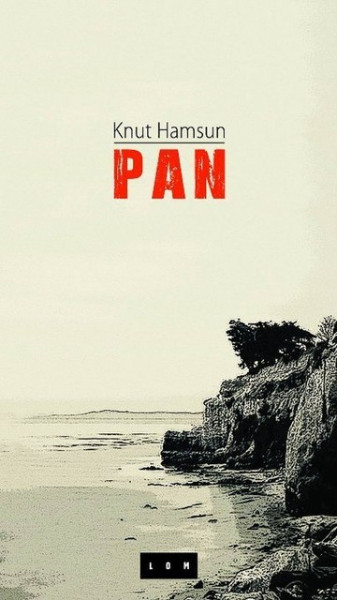

Born poor in rural Norway, Hamsun was largely self-educated and lacked both the social and intellectual background usually associated with the European literati of his time. Unlike virtually every other writer who has ever lived, Hamsun seems to have emerged fully formed, free from any definable literary tradition, or even overt influences. In regard to Hamsun's evolution as a writer, it's far harder to describe than what came in his wake. Whether we like the man or not, it seems to me both foolish and pointless to continue ignoring the significance of Hamsun's work - if for no other reason than it's an important part of our literary evolution and denying this can do nothing but cloud our understanding of our ourselves as readers and writers.

Hamsun's writing, however, is another matter. He betrayed both his country and more importantly humanity in general and deserves every bit of the scorn that's been heaped upon him. With 1890's Hunger, Hamsun unleashed the first in a series of novels that anticipated everything from the terrifying absurdities of Kafka to the desiccated ennui of the existentialists and even Charles Bukowski's autobiographical explorations.ĭespite this, Hamsun is a writer who today is shunned by much of the literary establishment, not because his writing has lost any of its lustre, I'd argue, but because of his far-right political views, which came to a head during the second world war with his open support of Hitler and Norway's post-invasion Nazi puppet government. I'd take this further and say that he's the father of postmodern literature as well. Isaac Bashevis Singer famously called Norwegian writer Knut Hamsun the father of modern literature.


 0 kommentar(er)
0 kommentar(er)
